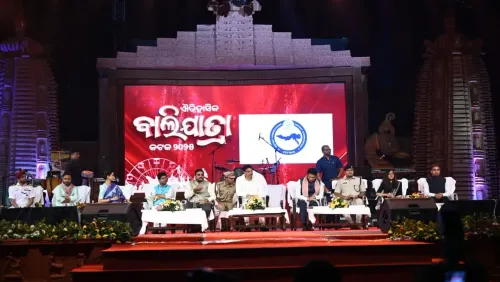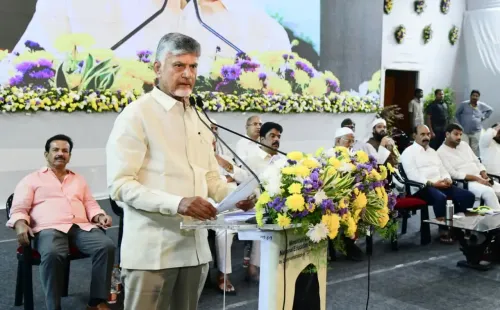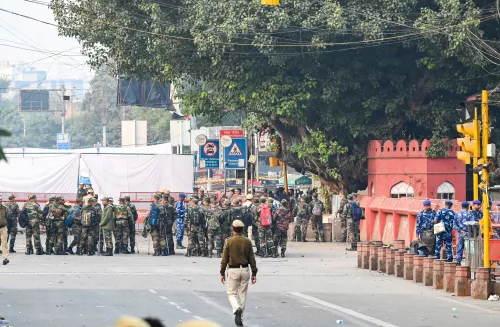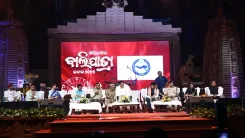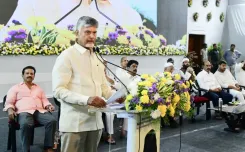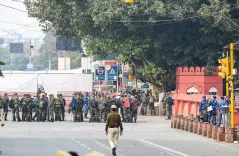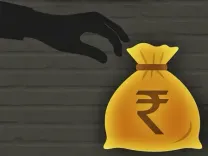Should Those Behind the False Malegaon Blast Case Be Punished?
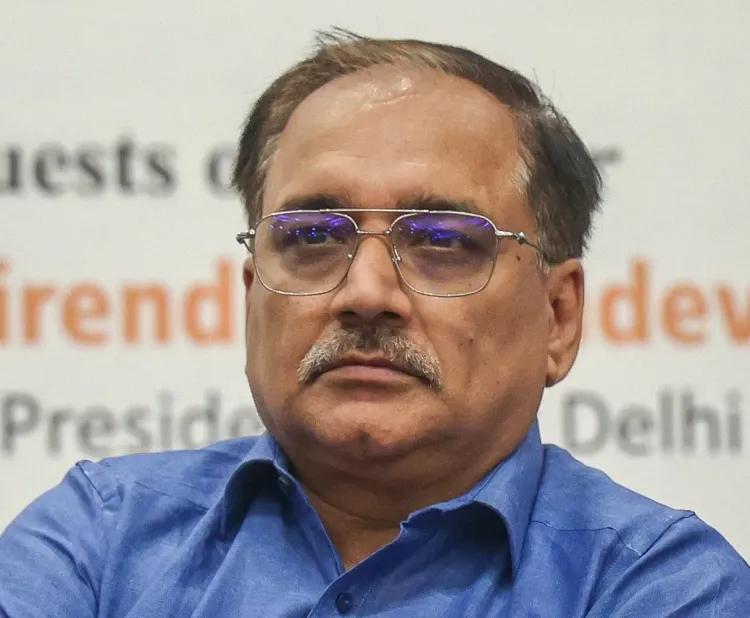
Synopsis
Key Takeaways
- NIA Special Court acquitted seven accused
- Calls for accountability against those who filed false claims
- Emphasis on the need for apologies from Congress leaders
- Implications for the narrative surrounding 'saffron terror'
- Highlights the complexities of communal tensions in India
New Delhi, July 31 (NationPress) Delhi BJP President Virendra Sachdeva on Thursday expressed his approval of the NIA Special Court’s ruling to acquit all seven individuals charged in the 2008 Malegaon blast case. He called for legal repercussions against those who initiated and pursued this false case.
Sachdeva stated that Congress leader Rahul Gandhi and other Congress officials owe an apology not only to the Hindu community but to the nation as a whole, noting that the case was brought forth during the UPA administration.
He asserted that Hindus were wrongly accused and implicated, a notion that the Special NIA Court’s ruling has now validated.
Sachdeva insisted that those responsible for filing and advancing this false narrative face legal consequences.
He claimed that the Congress party fabricated the myth of “saffron terror” or “Hindu terror” to shield genuine terrorists, a conspiracy that has now unraveled.
Sachdeva emphasized that those who employed phrases like “saffron terror” and “Hindu terror” need to apologize to the entire nation.
“The nation has witnessed how Congress and its allies misused such terminology against Hindus solely to appease a particular vote bank,” he remarked.
Sachdeva pointed out that the Congress attempted to tarnish the majority community’s image, but with the court’s decision, their leaders are now considering an appeal against the acquittal in the Bombay High Court.
The Special NIA Court in Mumbai had previously acquitted the seven accused, granting them the benefit of the doubt.
Those on trial included Sadhvi Pragya Singh Thakur, former BJP MP from Bhopal; Lt Col Prasad Shrikant Purohit, a serving officer in Military Intelligence; Major (Retd) Ramesh Upadhyay; Ajay Rahirkar; Sudhakar Dwivedi; Sudhakar Chaturvedi; and Sameer Kulkarni.
The explosion, which occurred on September 29, 2008, resulted in the deaths of six individuals and injured 101 others in Malegaon, a region known for its communal sensitivity in Maharashtra. The blast was caused by a bomb attached to a motorcycle detonating near a mosque during the holy month of Ramzan.
In the aftermath of the explosion, riot-like conditions ensued, with local residents clashing with police, further complicating the investigation.


